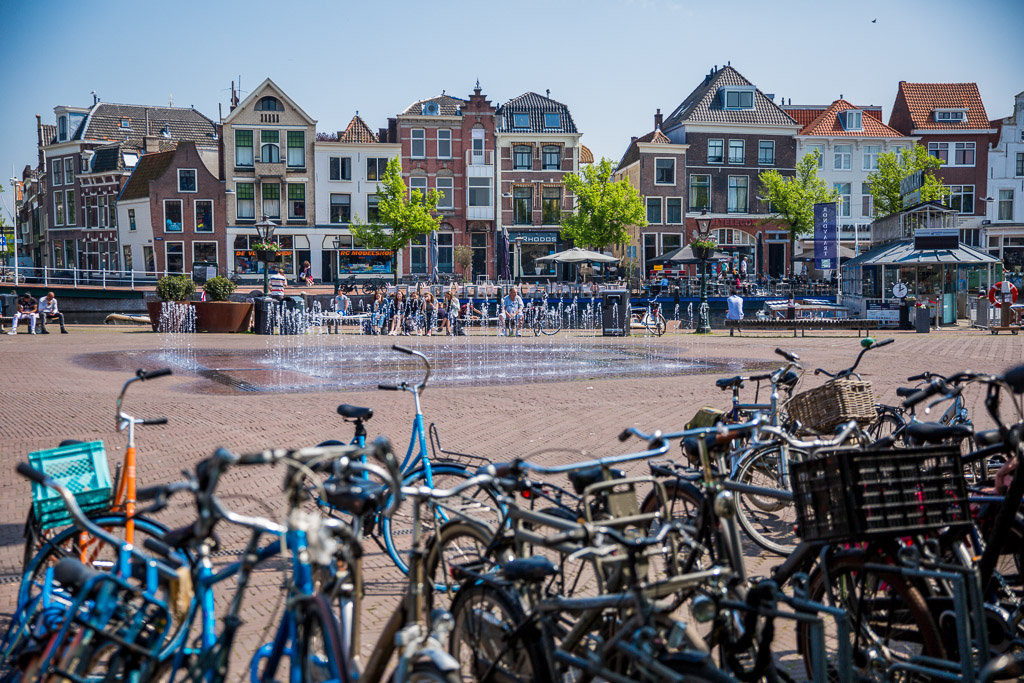
Human Geography and Planning
Bachelor

Do you want to know where to build what types of houses to solve the housing crisis? Do you wonder why climate change has different consequences in different regions?
Do you dare to ask critical questions about how different places develop to help remake a better world? Then Human Geography & Planning is the right choice for you!During this programme, you learn to investigate society in its geographic context. You will learn to explain how and why cities and regions develop differently, and how this relates to where and when these developments take place. For example, why do some regions benefit more from globalisation than others? Or, what are the consequences of population decline for people living in shrinking regions? And, how can you work together with different organisations to plan and build suitable residential areas?You will learn to answer such questions and use this knowledge to create new ideas and develop the places that we live in today and in the future. The programme covers a wide variety of topics, including urban development, globalisation and labour markets, migration, and urban and regional planning. Geographers and planners combine these topics with a spatial perspective to make the world we live in a better place; making places better together.During the first year you learn academic skills and are introduced to various themes of human geography & p
Ready to apply?
Visit course websiteLanguage
English
Title
Bachelor of Science
Duration
3 years
ECTS credits
ECTS
The European Credit Transfer and Accumulation System (ECTS) is a student-centred system based on the student workload required to achieve the objectives of a programme of study. Its aim is to facilitate the recognition of study periods undertaken by mobile students through the transfer of credits. The ECTS is based on the principle that 60 credits are equivalent to the workload of full-time student during one academic year.
Accreditation
Tuition fee 2025/2026
EU/EEA
The EU/EEA rate is the regular fee for students from within the EU/EEA.
€ 2,601
Non-EU/EEA
The non-EU/EEA rate is the rate for students from outside the EU/EEA.
€ 13,500
Institutional
The institutional rate is for all students who have already obtained a bachelor’s or master’s degree and who want to start a second programme leading to a degree at the same level or at a lower level.
€ 11,800
Admission
Admission URL
Application requirements
Information not availableCheck when you can start and what you have to pay!
| Tuition fees | |
|---|---|
| € 2,601 | |
| € 13,500 | |
| € 11,800 |
| Tuition fees | |
|---|---|
| € 2,695 | |
| Information not available | |
| Information not available |
| Start date | App. deadline EU/EEA | App. deadline Non-EU/EEA |
|---|---|---|
| 1 Sep '26 | 1 May '26 | 1 May '26 |
| 1 Sep '27 | 1 May '27 | 1 May '27 |
Contact
Main addressBroerstraat 5
9712 PC Groningen
050-3638100